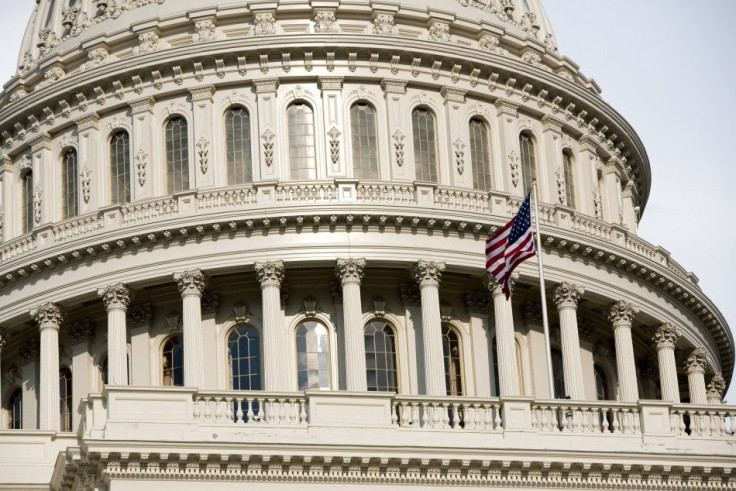U.S. Budget Deficit Narrows to $137 Billion in November; Education, Medicare and Medicaid Spending Declines

The federal government ran a budget deficit of $137 billion in November, which is smaller than the $150 billion posted in the same month last year, the Treasury Department reported Monday. However, much of the difference occurred due to shifts in the timing of payments.
The government spent $290 billion in November and took in $152 billion, which widens the total deficit in the first two months of fiscal year 2012 to $236 billion -- 19 percent smaller than the $291 billion that occurred a year ago.
Payments that ordinarily would have been made on Oct. 1, 2011 (that is, in fiscal year 2012) were made instead in September (that is, in fiscal year 2011) because Oct. 1 fell on a weekend. Therefore, the shifting in the timing of payments contributed to most of the decline in the deficit for November, according to the latest monthly budget review published by the Congressional Budget Office.
In the first two months of fiscal 2012, outlays declined for some categories of spending:
Defense spending was $12 billion, or 10 percent lower than in the same period last year.
Spending for education programs fell by $4.5 billion, or 30 percent, in part because the American Recovery and Reinvestment Act boosted education outlays in October and November 2010.
Total expenditures for the three largest entitlement programs also declined compared with the same period last year:
Outlay for Social Security benefits was up $3.4 billion, or three percent.
In contrast, spending for Medicare and Medicaid both dropped by 16 percent, or $11.6 billion and $8 billion, respectively.
Despite a drop in the unemployment rate, spending for unemployment benefits increased by $1 billion, or 17 percent in October and November of 2011.
Fiscal 2011's deficit was $1.3 trillion and the Treasury Department continues to project a deficit for fiscal 2012 of nearly $1 trillion.
Monday's report from the Treasury follows the failure of the 12-member congressional super committee, which was tasked to cut at least $1.2 trillion from the budget over 10 years. That failure triggered $1.2 trillion in automatic budget cuts divided equally between military and non-military programs.
© Copyright IBTimes 2024. All rights reserved.












